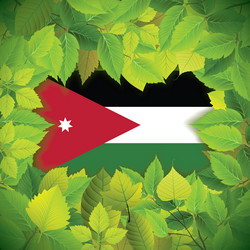Jordanian plant conservation
Jordan is part of the ancient Fertile Crescent, and fairly rich in biodiversity, but many plant habitats and species are threatened with extinction. The RBG preserves about 35 % of flora species and focuses Jordanian conservation efforts. The EU-funded BOT-ERA(opens in new window) (Reinforcing cooperation between the Royal Botanic Garden of Jordan and ERA) project aimed to integrate the RBG into the ERA. Methods involved capacity building and strategic collaboration with three European organisations. Both avenues were to be realised via a three-part research agenda: plant and seed conservation, genetic resource diversity and biotechnology, and the sharing of assets. Researchers completed a conservation strategy for wild Jordanian plants. Work included documenting the country's approximately 2 600 vascular species. Over 1 000 group-one threatened types were identified in a red list, which detailed the species' conservation status according to international definitions. Team members analysed and reported on RBG's strengths and weaknesses. A further output included a strategy report, which set goals for the organisation. The consortium hosted an international scientific conference on conservation and use of beneficial wild plants of the region. Training sessions included five workshops about plant and seed conservation, four about Horizon 2020 programmes and three concerning plant cryopreservation techniques. In total, the training sessions reached over 200 participants. BOT-ERA facilitated improved research collaboration between the RBG and European agencies. Outcomes included better understanding of conservation priorities, meaning more effective efforts.



